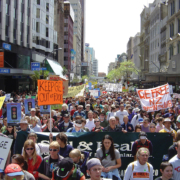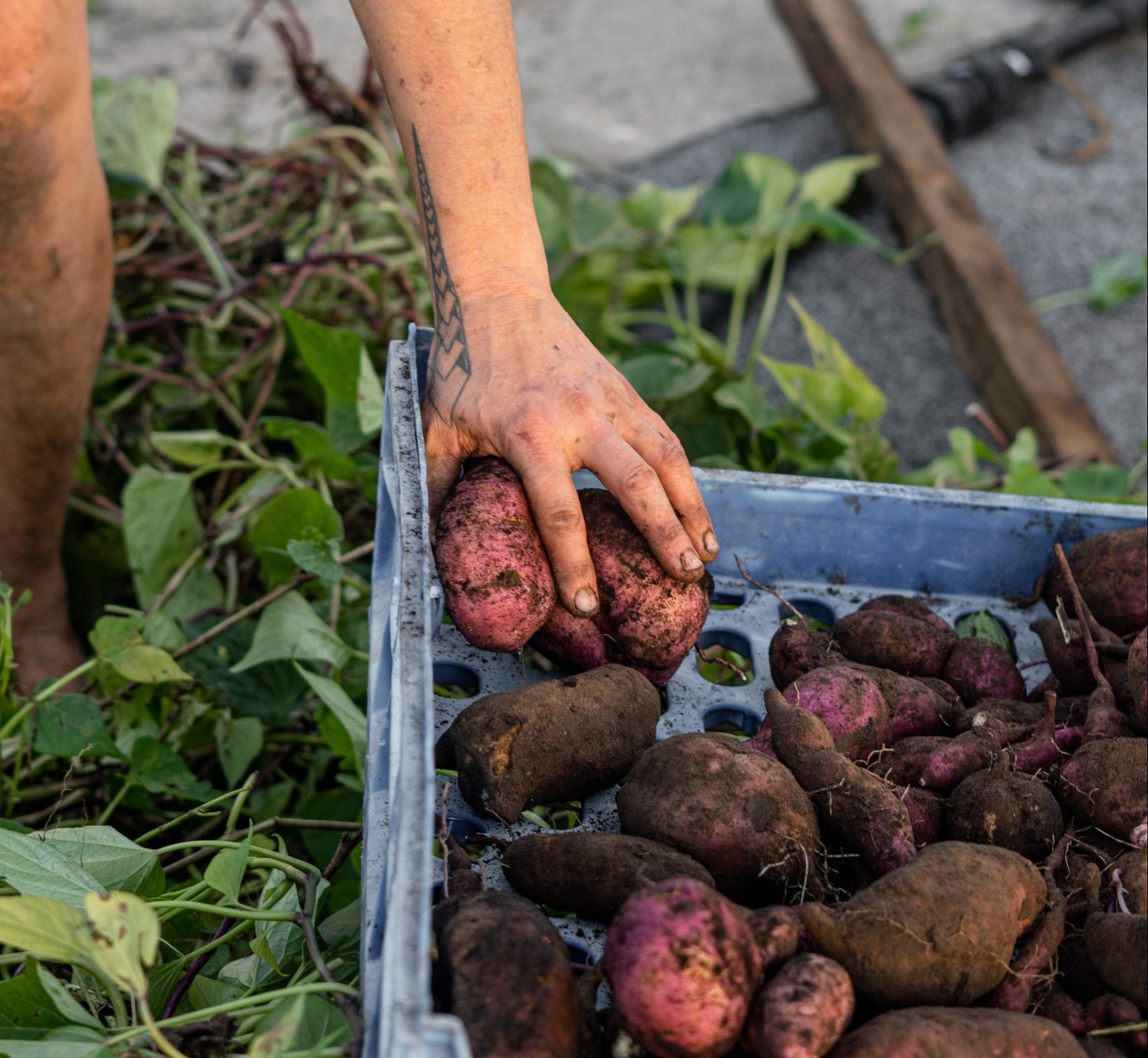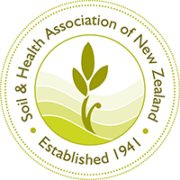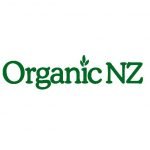How to create a GE-free zone
Zelka Grammer encourages you to press for a GE-free zone in your city, region or district
We hope you enjoy this free article from OrganicNZ. Join us for access to exclusive members-only content.
Gardeners, beekeepers, seed savers, foresters, orchardists, organic growers and consumers: you know what’s at stake. GE experiments and releases present serious risks to our biosecurity, unique biodiversity, primary producers, economy and public health. Evidence of harm from GMO (genetically modified organism) land use overseas is irrefutable and continues to mount.
Here in New Zealand, we’ve held the line against GMO land use for many years. We have no commercial GE crops and firmly maintain our ‘zero tolerance’ policy for GE content in imported seeds.
Local government approach needed
Existing legislation for GMOs (the Hazardous Substances and New Organisms Act) is grossly inadequate, with a lack of strict liability and no requirement for the national regulator to take a precautionary approach. Ratepayers don’t want to end up forking out for GE experiments gone wrong!
By working constructively with our local councils, however, we can stop GMO land use. Independent reports and legal opinions commissioned by the Northland/Auckland Inter Council Working Party on GMO Risk Evaluation and Management Options (the ICWP) clearly show that local authorities do have jurisdiction to control GMO land use out of doors.
Here’s some information to help you create a GE free zone in your district or region or, at the very least, a strong precautionary GE policy to create an additional tier of protection for communities, and serve as a deterrent to those who wish to experiment with GMOs out of doors in our fair land. Outright prohibition (a total ban) of GMOs is also achievable.
What’s been done already?
A number of cities and areas of New Zealand have already been declared symbolic GE-free zones, including Nelson city, Napier, Waitakere, areas of Auckland like Waiheke Island, Western Bays, Mt Eden and Mt Albert, and various community boards in Northland and elsewhere. Buller District Council put in place a two-year ban on all outdoor GMOs.
All councils from South Auckland to Cape Reinga have precautionary or prohibitive GE policies in their long-term council community plans (LTCCPs), and precautionary GE policies in some annual plans.
Whangarei District Council ‘has adopted a precautionary approach to the management of biotechnology in general and to GMO land uses in particular. It will continue to investigate ways of maintaining the District’s environment free of GMOs (genetically modified organisms) until outstanding issues such as liability, economic costs and benefits, environmental risks, and cultural effects are resolved. Together with other Northland and Auckland councils on the Inter-council Working Party on GMO Risk Evaluation and Management Options, Council has committed to investigating possible local and/or regional management of GMO land uses under the Resource Management Act.’
Auckland City Council (now part of Auckland Council super city) has already set a precedent, achieving outright prohibition for all GMOs in its Hauraki Gulf and Islands District Plan since 1998.
Enforceable GE-free zones: rules with teeth
Even more desirable than symbolic GE free zones are concrete regulatory options (with methods, policies and rules) through the Resource Management Act 1991. To create an enforceable (rather than symbolic) regional exclusion zone for GMOs, we need rules with teeth in regional policy statements and/or district plans. A regional policy statement (RPS) is an overarching regional document for the next 10 years; content in the RPS must be given effect to by the district councils of the region.
Bay of Plenty Regional Council has precautionary GE wording in its proposed RPS. Northland Regional Council is considering right now whether or not to include a strong precautionary GE provision in its new RPS. The council received a huge number of submissions requesting this, including submissions from all the district councils and all Tai Tokerau Iwi authorities.
Such precautionary GE policies (provisions) can require those who apply to do GE experiments (and clear the easy hurdle of the Environmental Protection Authority – EPA – in Wellington) to abandon their plans or, if GE experiments aren’t prohibited outright, to post a substantial bond and be financially liable for unintended adverse impacts of EPA-approved GE experiments.
Local plans should place a strong emphasis on prevention of incursions of new organisms, GMO and otherwise (not just management/suppression of existing problem organisms). They should specifically identify GMOs as a threat, due in part to the nature of these self-replicating organisms containing controversial viral promoters etc., but also ongoing flaws/gaps in the HSNO legislation such as a lack of strict liability and the fact that ERMA is not required under the Act to take a precautionary approach to GMOs).
Councils working together to evaluate GMO risk
In Northland and Auckland, all councils have become full members of the innovative Inter Council Working Party on GMO Risk Evaluation and Management Options. The ICWP on GMOs was formed in 2003 as a direct result of strong lobbying and education of the councils by northern ratepayers.
Auckland Council and the Northland District Councils recently commissioned an independent section 32 analysis on GMOs (a requirement of the RMA), proposed plan change provisions, and a new legal opinion from Dr Royden Somerville, QC. This was done with a view towards a collaborative plan change to regulate GMOs in some way on a local level (this could include outright prohibition).
These new documents were made publicly available in February 2013, recommending that member councils of the ICWP on GMOs consider regulating the outdoor use of GMOs under the RMA through provisions in their planning documents.
Steps to a GE-free zone
- Ask your council for its policy on genetic engineering or genetically modified organisms, if there is one. If there isn’t (or the policy is inadequate), you can request the convenor of the ICWP on GMOs to email key policy documents and reports to your council’s relevant planner, your mayor (or chairperson) and councillors (contact details below).
- Read the independent GE reports and legal opinions provided at the GE page on the Whangarei District Council website. There are three ICWP commissioned reports, published in 2004, 2005 and 2012.www.wdc.govt.nz/PlansPoliciesandBylaws/Plans/GeneticEngineering/Pages/de…
- Join GE Free NZ (or your local GE-free group). Your membership subscription or donation helps to fund the good work they do.
- Obtain from GE Free NZ the precautionary or prohibitive GE wording / policies that other councils have already put in place (contact Zelka Linda Grammer – details below).
- Find out when public consultation takes place in your district/region for the council’s Annual Plan, Long Term Council Community Plan, proposed District Plan or Regional Policy Statement review. Make submissions asking your council to (at the very least) put in place a strong precautionary GE policy/provision. You can also ask for all GMO land use and GMO aquaculture to be a prohibited activity. Network with like-minded allies and write letters to your local newspaper to raise the profile of the issue.
- Collect signatures on a local petition (suggested wording available from GE Free NZ)
- Vote with your dollar for GE free, buying from Kiwi companies and manufacturers with best practice GE-free policies (organic and Fair Trade where possible).
Websites and contacts
- GE Free NZ, www.gefree.org.nz, email: susie@tasman.net
- GE Free Northland: Zelka Linda Grammer, spokesperson on local government issues), linda.grammer@gmail.com, web.gefreenorthland.org.nz, 09 432 2155.
- Dr Kerry Grundy, Convenor of the Inter Council Working Party on GMO Risk Evaluation & Management Options and Team Leader, Futures Planning, Whangarei District Council, 0800 WDC INFO or 0800 932 463, kerryg@wdc.govt.nz
- GE Free Policy – a list of companies who have pledged to avoid GE in their products: www.gmfreepolicy.com
- Soil & Health / Organic NZ: www.organicnz.org.nz
- BioGro NZ – largest organic certification body in NZ: www.biogro.co.nz/index.php/faqs-about-organics#o
- Physicians and Scientists for Global Responsibility: www.psgr.org.nz
- Sustainable Future Institute – an independent think tank: www.mcguinnessinstitute.org
- Sustainability Council of NZ: www.sustainabilitynz.org
- The Green Party: www.greens.org.nz/policy/archived-2005-agriculture-and-rural-affairs-policy
- Centre for Integrated Research in Biosafety (Canterbury University): www.inbi.canterbury.ac.nz







